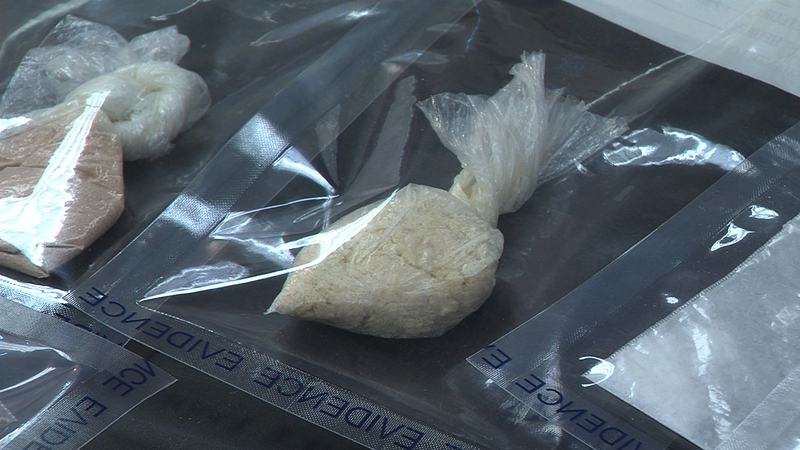
Increase in overdose deaths due to more toxic drug supply, fraudulent COVID-19 benefit claims
KAMLOOPS — Provincial Health Officer Dr. Bonnie Henry says the increase in overdose deaths across the province, including in Kamloops, has been largely related to a more tainted drug supply with the Canada-U.S. borders closed.
“The toxicity has increased and part of that is due to the supply chains being cut off, as they have been for many other things,” she noted in her Thursday (May 28) address from Victoria. “Drugs then are being manufactured locally or cut with other materials that are toxic as well. That has quite a bit to do with the numbers that we’re seeing.”
There were 117 deaths in B.C. from illicit drug overdose in April, bringing the provincial total to 382 so far in 2020. Kamloops experienced its largest increase in a while in April with seven overdose deaths. There have been 18 deaths overall here as of the end of April.


